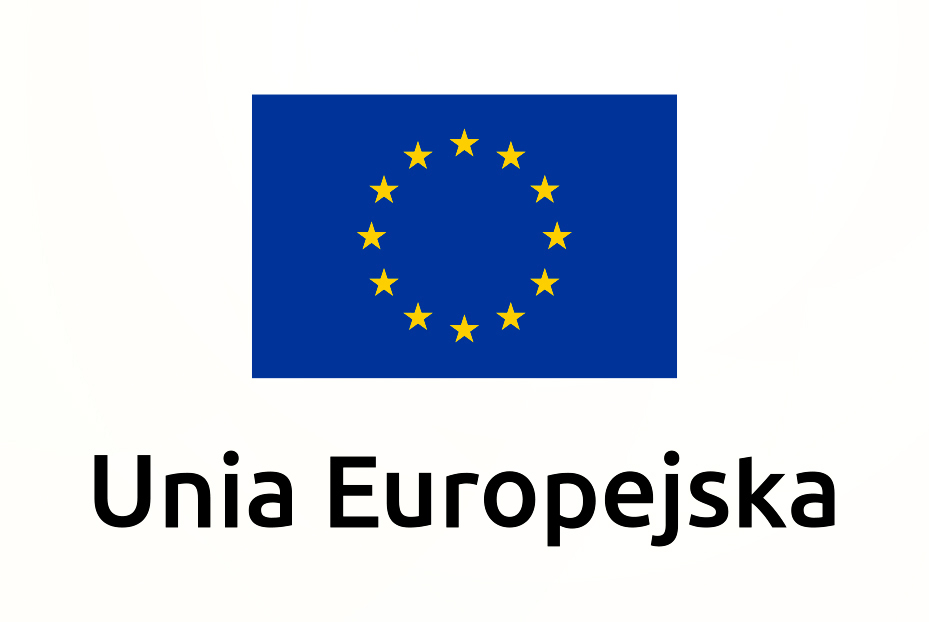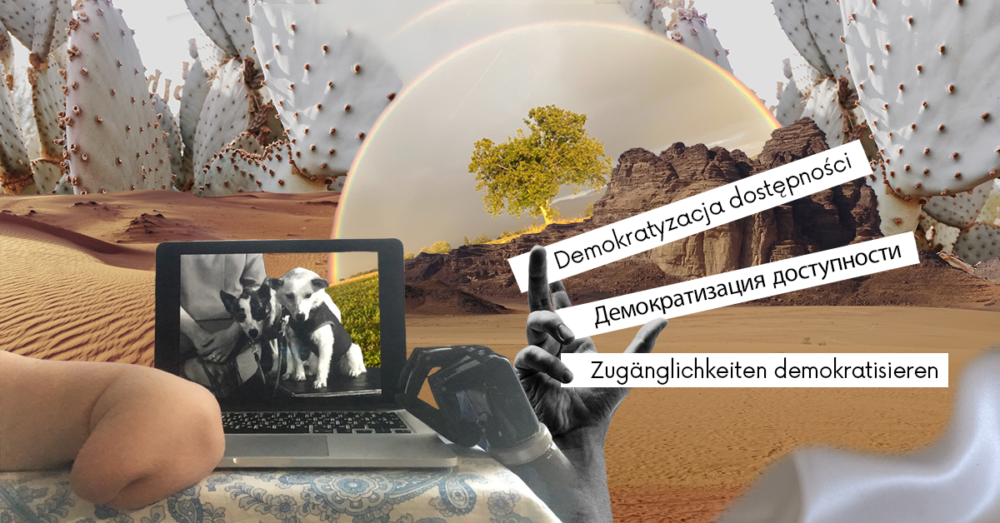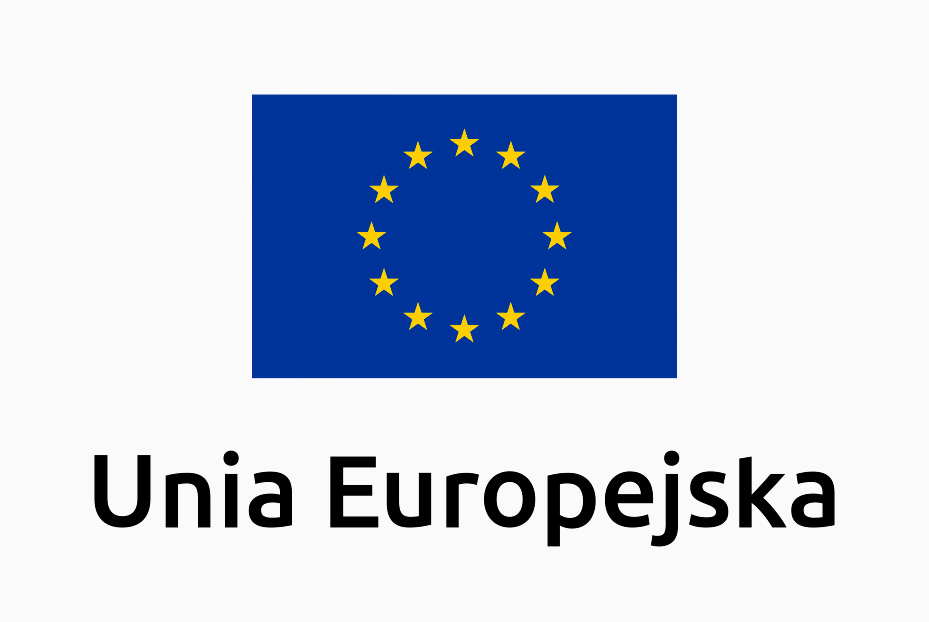GER version: Demokratisierung der Zugänglichkeit
RU version: Демократизация доступности
In ableist thinking, the norm and deviation from it is the starting point for formulating what "disability" is. The norm is considered the "typical state" of a person and is always associated with abilities and functions.
Cultural institutions have been and remain largely inaccessible, even though right now policies on accessibility are being introduced in most of them. During the subsequent Covid-19 lockdowns, most cultural events have moved online. This increased their audiences, but simultaneously highlighted the exclusion faced by older people, children, and blind/visually impaired or deaf/ hard of hearing people, persons with learning disabilities etc. Most of them have found themselves outside the bubble of online culture, furthering the processes of exclusion that existed before the pandemic.
The notion of accessibility - creation of spaces and projects that take into account the needs of different people - critically analyzes this “normality” and culture of abilities. Artists and curators with disabilities have freed the concept of accessibility from its narrow understanding. Accessibility, formulated as a right to have and fulfill needs is a rejection of the usual forms of communication and established hierarchies in institutions, their spatial and temporal solutions. Access and the ways disabled people relate to time and space are framed as new or exceptional ways of doing things. Curator Noa Winter (Berlin, Germany) reminds us that sometimes this exceptional way is a rebellion against the ableist expectations put on a person's body and mind.
Practices of accessibility make it possible to radically abandon standards and boundaries - between private and public, work and rest. Creating accessibility is about imagination, dreaming, thinking, writing, doing. Some institutions invite disabled persons as accessibility experts. However, the fact that these institutions are based on 'abled' needs limits the imagination and possibilities of disabled artists and activists. Disabled creator and writer Leah Lakshmi Piepzna-Samarasinha (Toronto, Canada) describes this problem: “There is still critically little space or resources that support us as disabled creatives, period - and even more so for making art that puts a crip perspective on traditional art practice and art forms.”
“Democratizing accessibility” discussion will take place as part of the international symposium “Politics of (In)Accessibility”. Participants from Poland, Russia, Germany and Austria will speak about their artistic, curatorial, activist practices that question the traditional normotypicality of the cultural sector from a disabled perspective. This discussion is the opportunity to understand local specificities in a broader context and to build a transnational support network.
The form of the meeting will correspond with the theme of the debate, hence the multitude of languages and translations and the multi-level technological support. The panellists will use their everyday language: Polish, Russian, German Spoken Languages and Polish Sign Language (PJM). The entire event will be translated into Polish and PJM, with subtitles in Russian and German added in post-production.
There is no translation in easy to read language.
In the debate take part:
- Alena Levina: an artist, freelance curator, illustrator and feminist based in Moscow (Russia). She campaigns for the rights of women with disabilities.
- Daniel Kotowski: deaf artist based in Warsaw (Poland). In his works he uses the concept of biopower and researches processes of exclusion based on verbal communication.
- Eliah Lüthi: Eliah's experiences and practices move between activism, science and art. Eliah’s place of residence is Austria. As an "Academy of Unreason" and privately in everyday life, Eliah seeks ways to decompose oppressive structures and to create transformative collective ideas, imaginations and connections. This always includes confrontation with (internalized) discrimination as a person being disabled, mad and agender - just as much with white, class- and passport-privileged.
- Filip Pawlak: associated with Nowy Teatr in Warsaw, ambassador of the international project “Europe Beyond Access” aimed at making the performing arts sector more accessible to people with disabilities
- Vera Berlinova: audio descriptor, artist, activist, and feminist based in Moscow. Thanks to her work, audio description was launched in 35 theatres in 22 Russian cities. Vera is part of the art group Androgyne and Centaur.
- Wiktoria Siedlecka-Dorosz: theatrologist and art therapist. She is currently associated with Theatre 21 in Warsaw. She runs classes with art therapy students at the Academy of Social Sciences in Warsaw.
Moderation: Kira Shmyreva and Zofia nierodzinska
Collaboration: Vica Kravtsova
Production: Monika Petryczko, Michał Anioła, Agnieszka Nawrocka
Translations: Natalia Bucholska, Aleksander Gazarian, Renata Baranowska, Wojciech Król, Karolina Bocian, Marta Jaroń
The event is supported by Foundation for Polish-German Cooperation, as well as German Foreign Office.


